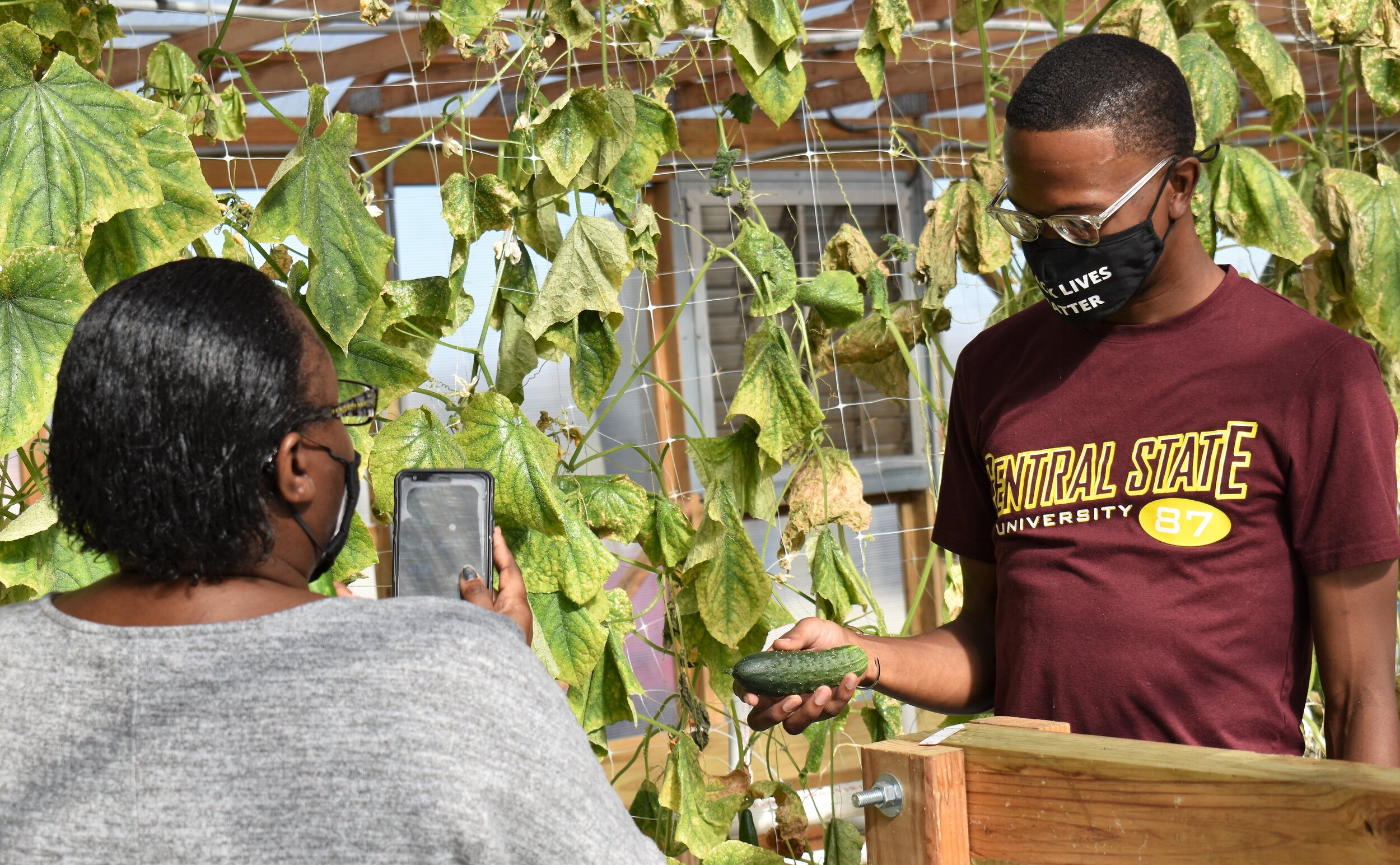Recently a podcast was launched by Grounded Hope to produce a series of audio products that collectively introduce the history of Black Farmers in Ohio to the past, present, and future of new and beginning farmers in agriculture. Listeners will learn how historical farming practices–including those of indigenous people and early Black farmers–hold ideas for how our degraded soils can be regenerated. They will travel Ohio cities and back roads to meet current farmers and learn how they are rebuilding local food systems that can be resilient in the face of pandemics and climate change. They will hear about unusual crops and the hope they hold for new products–including fibers, medicines, and foods. And they will be invited to examine how Ohio economics is embedded in agriculture and how that both supports and challenges the state and its communities.
LISTEN TO THE FULL PODCAST
The number of Black-owned farms has drastically declined since the 1920s, and now make up less than two percent of total U.S. farmland. In this episode, we’ll talk with one of the organizers of the Black Farming Conference Beyond 40 acres and a Mule, learn how three childhood friends created an urban farm out of an abandoned dumping ground, and hear about the joys of eating food that you’ve poured your essence into from a first-time grower.

Photo Credit: Gretchen Rives
HOST INTRO: That was Dazjuan Brittman – a Senior at Central State University in Wilberforce, Ohio – studying agricultural education with a minor in sustainability. Central State is a Historic Black College that received Land Grant status in 2014. That status allowed them to expand the college’s programming to include agricultural and ag-related studies. The University was also one of the presenters at the Black Farming conference in Ohio last fall which we’ll talk about later in this episode.
You’re listening to Grounded Hope – I’m the host Renee Wilde – and in this episode, we’ll take a look at three friends who turned a dumpsite in a Cleveland neighborhood into an urban farm, where they teach others how to be food activists in their own communities. We’ll learn some key history from the Ohio Black Farming conference last fall, and hear about the joy of eating homegrown food from the first time NewBlackFarmers.
On the way, we’ll explore the issues and opportunities facing Black Farmers including land access, USDA support, and community growth.
